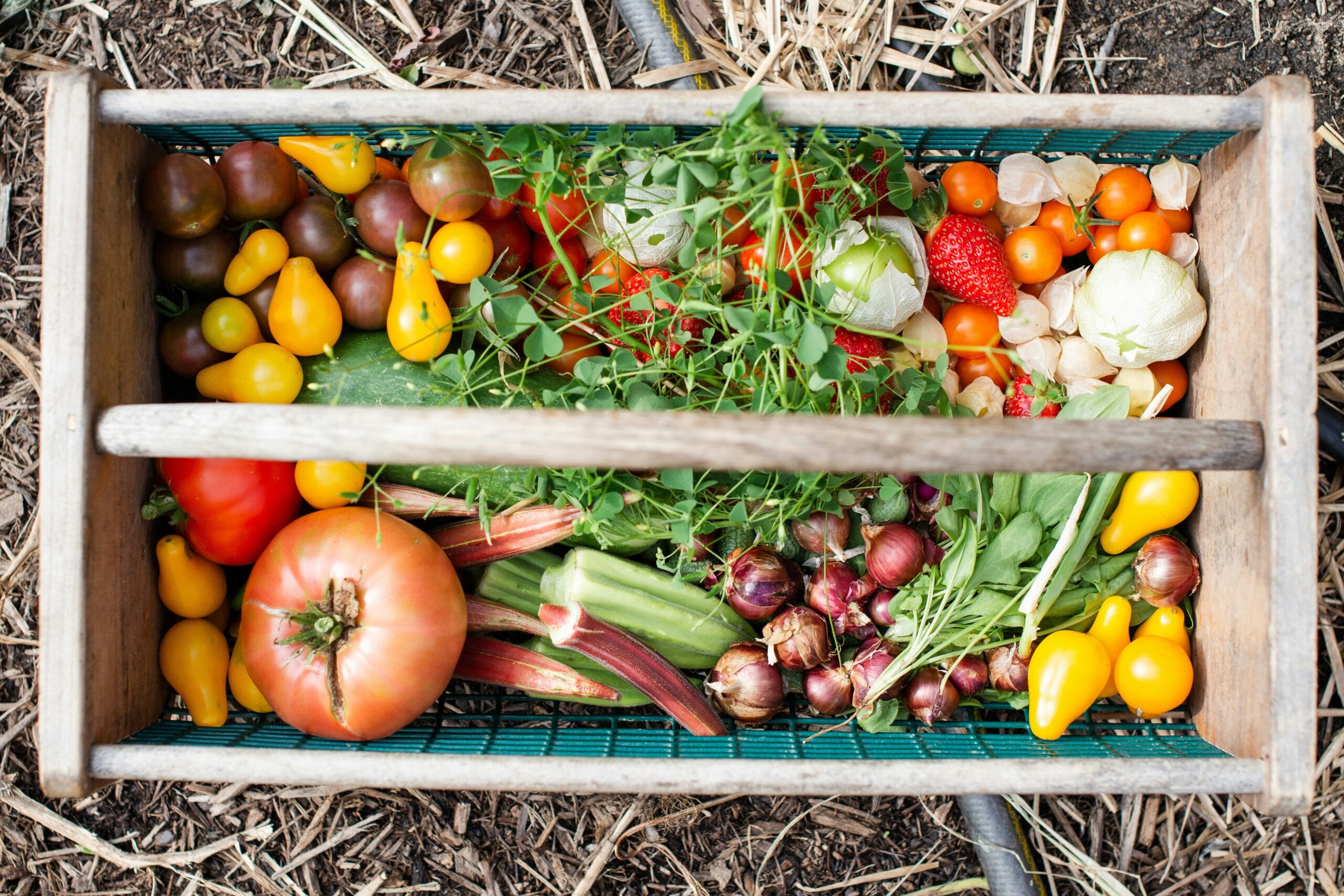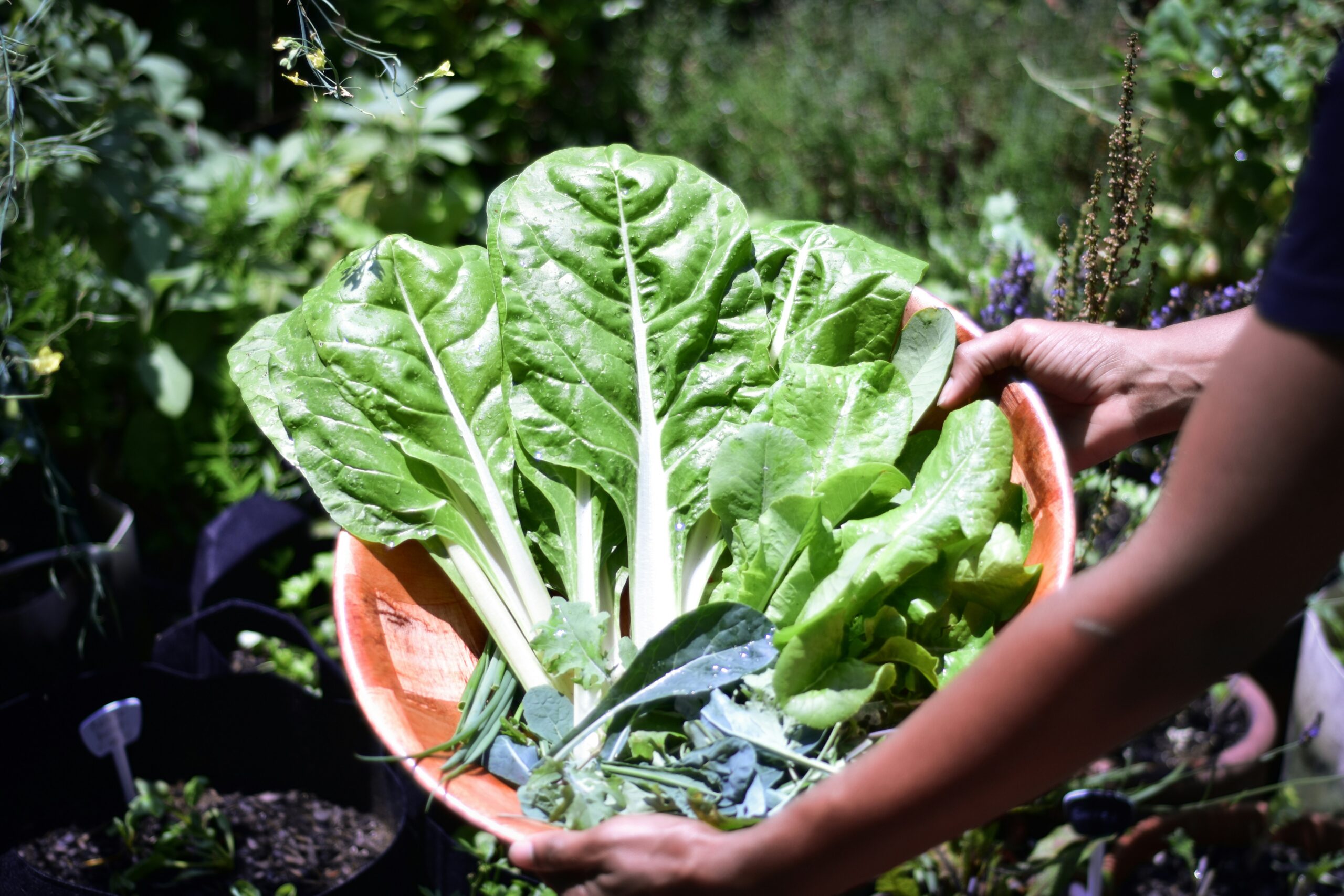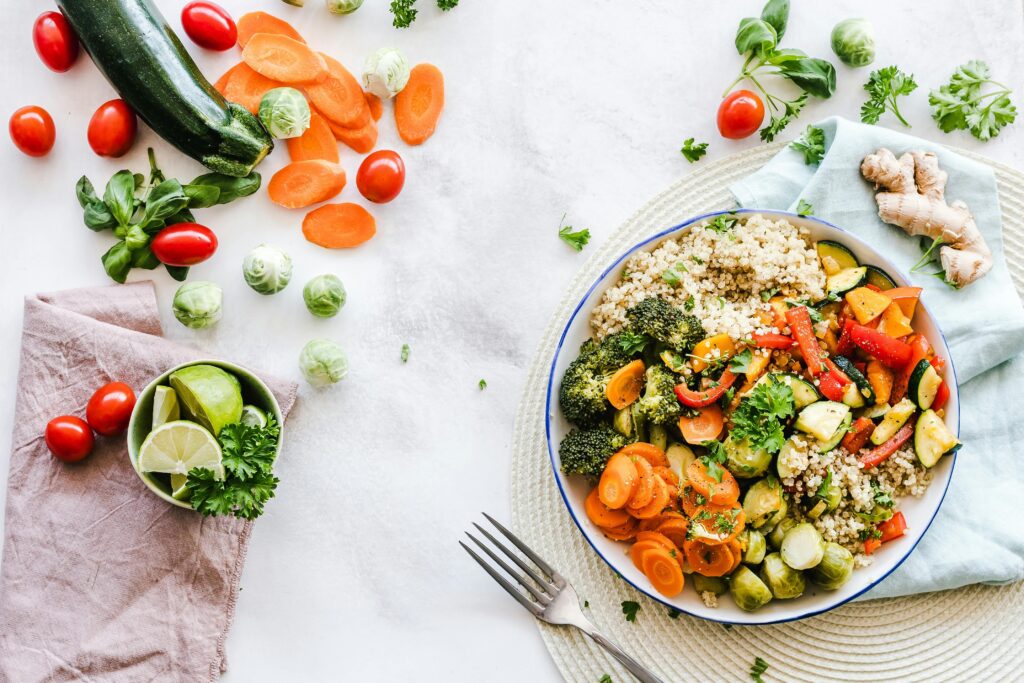Have you ever stared at your reflection and thought, “Why does my skin look tired even after eight hours of sleep?” Spoiler: it might be lurking in your grocery cart. The secret to glowing skin and healthier hair could be as simple (and delicious) as embracing organic vegetables. Yep, we’re diving into how eating organic veggies isn’t just good for the planet—it’s also a game-changer for radiant beauty.
In this post, you’ll uncover the science behind organic produce, easy ways to incorporate them into your meals, tips for maximized benefits, and some real-life glow-up stories that prove natural beauty starts from within. Plus, expect plenty of confessions, rants, and one wildly random haiku at the end because why not?
Table of Contents
- Key Takeaways
- Why Organic Vegetables Matter for Beauty
- Step-by-Step Guide to Eating More Organic Veggies
- Best Practices for Maximizing Benefits
- Real-Life Examples & Success Stories
- FAQs About Eating Organic Veggies
Key Takeaways
- Organic veggies are packed with antioxidants and nutrients that nourish your skin, hair, and nails naturally.
- Switching to organic produce helps reduce exposure to harmful pesticides linked to hormonal imbalances.
- Incorporating organic veggies is easier than you think—think smoothies, soups, and creative snacks!
- Consistency is key—your skin won’t transform overnight, but small changes add up over time.
Why Organic Vegetables Matter for Beauty
Ever wondered if organic actually makes a difference? Let me paint you a picture IRL: A few years ago, my skin was a wreck—dry patches here, random breakouts there. My diet? Full of conventionally grown greens doused in who-knows-what chemicals. After switching to organic veggies, things changed. No miracle potions—just cleaner food choices.
Here’s the tea: Non-organic veggies often come laced with synthetic pesticides and fertilizers. These chemicals don’t just stay on the plant; they can disrupt your hormones, which play a huge role in maintaining clear, healthy skin. Organic farming avoids these nasties, focusing instead on nutrient-rich soil that grows fruits and veggies bursting with vitamins and minerals.

Optimist You: “Eating organic sounds amazing!”
Grumpy You: “But what about the price tag? Ugh.”
Step-by-Step Guide to Eating More Organic Veggies
Feeling overwhelmed by the idea of going full-on organic? Don’t sweat it—we’ve got you covered with actionable steps to ease into it:
Step 1: Start Small
You don’t need to overhaul your entire pantry overnight. Begin by swapping out one or two items per week—like spinach or carrots—for their organic counterparts.
Step 2: Prioritize the Dirty Dozen
The Environmental Working Group (EWG) publishes an annual list called the “Dirty Dozen,” highlighting produce most contaminated with pesticides. Think strawberries, kale, and apples. Focus on buying these organic first.
Step 3: DIY Snacks
Swap chips for roasted sweet potatoes or carrot sticks dipped in hummus. Not only are these snacks delish, but they’re also guilt-free beauty treats.
Step 4: Get Creative in the Kitchen
Blend spinach into your morning smoothie, toss zucchini noodles into pasta dishes, or spiralize beets for a colorful salad base. The possibilities are endless!

Best Practices for Maximizing Benefits
- Buy Local: Fresher produce = more nutrients. Hit up farmers’ markets whenever possible.
- Eat Seasonally: Seasonal veggies taste better and tend to be cheaper. Bonus points for sustainability!
- Store Properly: Keep leafy greens in the crisper drawer and store root veggies in cool, dark spaces to extend shelf life.
Terrible Tip Alert!
Avoid microwaving veggies wrapped in plastic wrap. Sure, it’s quick, but heating plastic releases toxins—not exactly the clean-eating vibe we’re aiming for. Instead, use glass bowls or microwave-safe silicone lids.
Rant Section: Stop Overthinking Perfection!
Listen, nobody expects you to go 100% organic tomorrow. Some people act like anything less than perfection equals failure. But guess what? That mindset is exhausting. Progress matters more than perfection. So stop stressing if all you can afford right now is organic bananas—you’re still crushing it.
Real-Life Examples & Success Stories
Take Sarah, a yoga instructor based in Portland. She swapped her usual frozen dinners for whole foods centered around organic veggies. Within three months, she noticed shinier hair, reduced acne, and brighter eyes. “It wasn’t about depriving myself,” she says. “It was about adding good stuff to my plate.”

FAQs About Eating Organic Veggies
Q: Is eating organic really worth the extra cost?
Absolutely. While organic may seem pricey upfront, investing in your health pays off long-term. Plus, seasonal and local options help balance the budget.
Q: Can I mix organic and non-organic produce?
Yes! It’s totally fine to blend both. Just prioritize organic for items on the Dirty Dozen list and save conventional buys for the Clean Fifteen.
Q: Will eating organic veggies cure my acne?
No single food “cures” acne, but reducing pesticide intake while boosting your nutrient intake supports overall skin health.
Conclusion
The bottom line? Incorporating organic veggies into your diet is a win-win for beauty and wellness. From boosting antioxidant levels to supporting sustainable agriculture, every bite counts. Remember, progress—not perfection—is the goal. Whether it’s through rainbow-colored salads or stealthy smoothie hacks, there’s no wrong way to start.
And now, because life needs more whimsy:
Green fields whisper low, Skin glows where roots grow true. Eat clean, shine bright, voilà!


